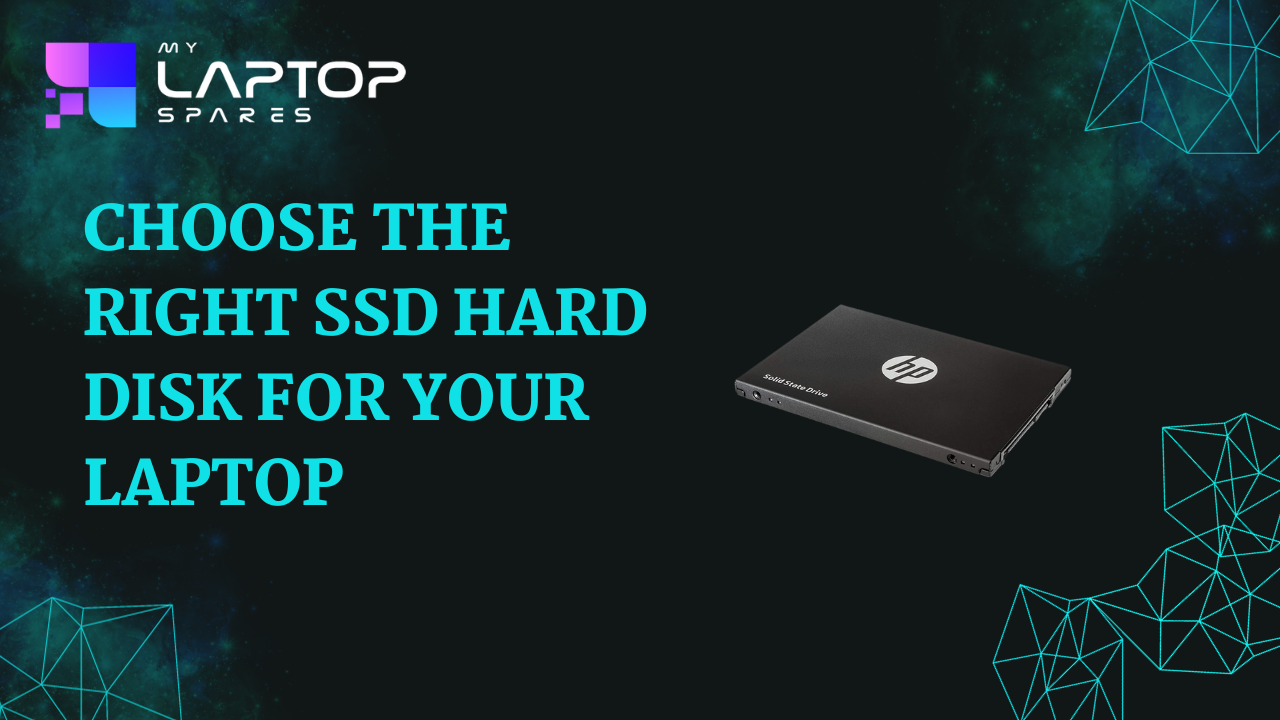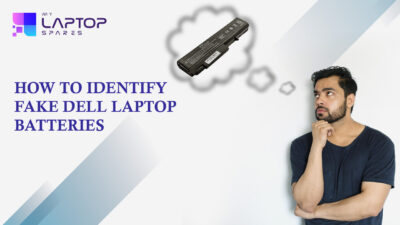Choose the Right SSD Hard Disk for Your Laptop

Why You Need An SSD
Getting one of the finest SSDs for your system is essential, especially when pairing a PC with CPUs for gaming. Your processor can handle billions of cycles per second, but it frequently wastes time waiting for data from your drive. Even the finest hard drive can be slow as it contains platters that need to spin up and a read / right arm that needs to physically find its way to the data sectors you’re looking for. A suitable solid-state drive (SSD) is required for peak performance.The Anatomy of SSD
SSDs, as opposed to laptop hard drives, contain no moving parts. They are made up of NAND flash memory chips that store data. Since there are no mechanical components, data access times are faster, and overall performance is better. SSDs are also less power-hungry than HDDs, making them perfect for laptops and other portable devices. Additionally, because SSDs are often smaller in size than HDDs, manufacturers can create thinner and lighter laptops.Advantages of SSDs
-
Speed:
-
Durability:
-
Energy Efficiency:
Choosing the Right SSD for Your Laptop
1. Types of Solid State Drive
-
2.5-inch SATA SSDs:
-
M.2 SSDs:
-
NVMe SSDs:
2. Storage Capacity
Determine your storage needs based on the kind of files and programs you use. SSDs come in a variety of capacities, ranging from 128GB for basic use to 2TB or more for heavy users.3. Performance
-
Read and Write Speeds:
-
Random Access Performance:
4. Endurance and Lifespan
TBW (Terabytes Written) is a measure of an SSD’s endurance. It indicates the amount of data that can be written to the drive before it reaches its lifespan. Higher TBW values generally mean longer-lasting SSDs.5. Brand Reputation and Warranty
-
Choose Reputable Brands:
-
Warranty:
6. Price Considerations
-
Value for Money:
7. Compatibility
Make sure the SSD you purchase is compatible with the specs of your laptop, including form factor, connectivity, and capacity. To support particular SSDs, some laptops may require a BIOS upgrade.8. Software and Additional Features
-
Drive Management Software:
-
Encryption and Security:
Frequently Asked Questions
The most important part of purchasing a solid-state drive for your laptop is ensuring that it is compatible. Size, form, connection protocol, and capacity must all be considered.
NVMe is a protocol that provides much faster speeds than a SATA SSD, making it better for laptops.
Check your laptop manual to understand its compatibility requirements.
It depends on the kind of work you need it for. While 250 GB may be sufficient for entertainment purposes, 1 TB is required for gaming and photography purposes.
Categories
- Accessories (83)
- Gaming Laptop (6)
- Keyboard (15)
- laptop (17)
- Laptop Adapters (15)
- Laptop Batteries (29)
- Laptop Screen (14)
- Laptop Spares (15)
- Uncategorized (2)
- video conferencing (6)
Recent Posts
Stylish Outfits for Going Out – Top Looks for Every Occasion
Opt for a crisp blazer matched with fitted pants to secure a sophisticated vibe suitable at both informal and formal... read more

Keyboard Not Working on Dell Laptop? Troubleshooting + Replacement Tips
A broken keyboard on your Dell laptop can be more than just a nuisance; it can halt your entire productivity. Fortunately,... read more

How to Identify Fake Dell Laptop Batteries
In today’s technology-oriented world, our laptops are essential tools for professional tasks, learning, and leisure activities. Among the reputable laptop brands,... read more

Dell Charger Buying Guide: Wattage, Voltage & Tips
Your Dell laptop’s dependability relies heavily on the charger that powers it. Whether you’re a night owl student, a busy... read more

How Much Does a Laptop Charger Cost? Pricing by Brand & Specs
Both our personal and professional lives now depend on our computers. Your laptop charger is essential whether you're a professional... read more

Installing SSDs in Dell Laptops: Benefits and Procedures
Upgrading your Dell laptop with a Solid-State Drive (SSD) is one of the most impactful improvements you can make... read more
